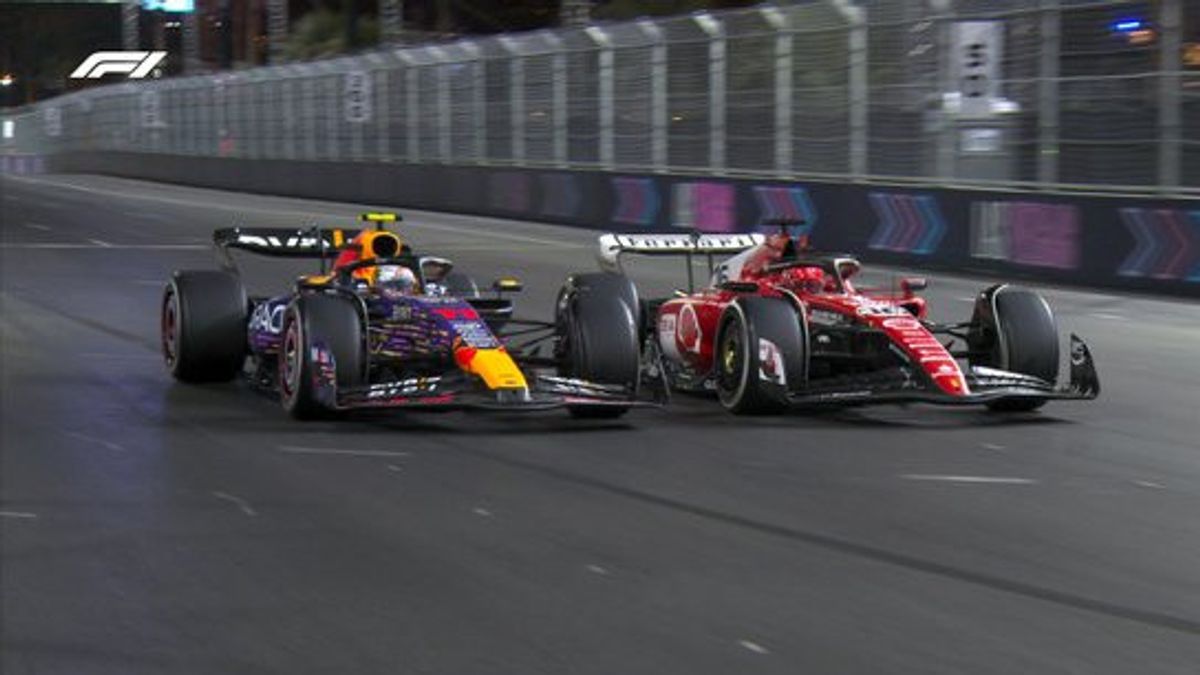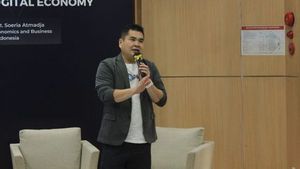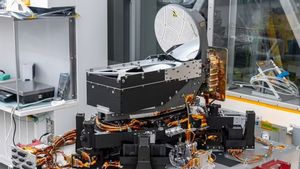JAKARTA - - The FEudration Internationale de l'Automobile (FIA), the governing body of Formula One, is conducting an artificial intelligence (AI) trial to address the track boundary violation at this weekend's Abu Dhabi Grand Prix.
The Paris-based FIA said it would use 'Computer Vision' technology that uses shape analysis to calculate the number of pixels crossing the edge of the track.
AI will sort out actual violations, in which drivers cross the white line on the edge of the track with all four wheels, reducing the workload of the FIA Remote Operations Center (ROC) and accelerating responses.
The Austrian Grand Prix on July 2 was the highest peak for the sport, with only four people having to process about 1,200 potential breaches.
On the weekend of Qatar, the decisive October champions, eight people were tasked with assessing the track limits and monitoring 820 times past the corner, with 141 reports sent to race control which then removed 51 laps.
Despite this, several offenses remain unwarranted at the United States Grand Prix in Austin in October.
The stewards stated this month that their inability to enforce a track boundary violation at the sixth corner was "very unsatisfactory" and a solution needs to be found before next season begins.
SEE ALSO:
The Malyon team, Head of Long Distance Operations and Deputy Director of Race FIA, said Computer Vision technology has been used effectively in the medical field, such as scanning data from cancer checks.
"They don't want to use Computer Vision to diagnose cancer, what they want is to use it to resist 80% of cases where obviously there is no cancer to give more time to trained professionals to look at 20%," he said.
Malyon said the additional layer of Computer Vision would reduce the number of potential violations considered by ROC, with fewer to be passed to race control for further action.
"The biggest impertive is to expand the facility and continue to invest in software, because that's how we're going to make great progress," he said. "The final message for me is open to new and growing technology."
"I've said many times that humans today excel in some areas. Maybe that's the case at the moment, but we feel that in the end, the real-time law enforcement system is automatically a good future," he said.
The English, Chinese, Japanese, Arabic, and French versions are automatically generated by the AI. So there may still be inaccuracies in translating, please always see Indonesian as our main language. (system supported by DigitalSiber.id)


















